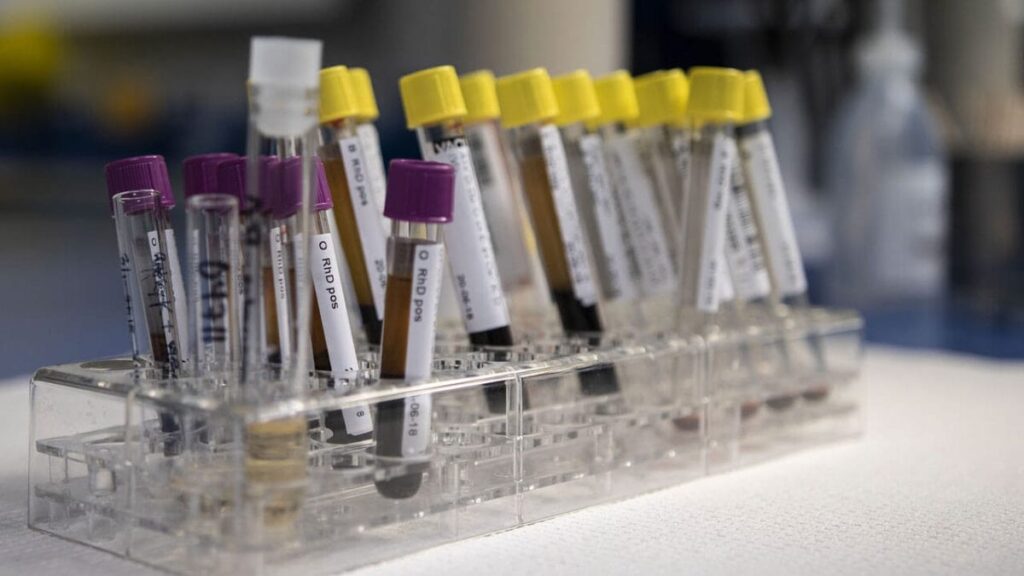- Home
- Infertiliy
- Infertility Assessment
Infertility Assessment - Comprehensive Fertility Evaluation

What should I expect during my first visit for infertility?
The first visit with a fertility specialist usually involves a detailed medical history and a physical exam. You will be asked questions about your menstrual period, abnormal vaginal bleeding or discharge, pelvic pain, and disorders that can affect reproduction, such as thyroid disease. You and your partner will be asked about health concerns, including:
» Medications (both prescription and over-the-counter) and herbal remedies
» Illnesses, including STIs and past surgery
» Birth defects in your family
» Past pregnancies and their outcomes
» Use of tobacco, alcohol, and illegal drugs
» Use of marijuana (recreational or medical)
You and your partner also will be asked questions about your sexual history, including:
» Methods of birth control
» How long you have been trying to get pregnant
» How often you have sex and whether you have difficulties
» If you use lubricants during sex
» Past sexual relationships
What tests are done for infertility?
Tests for infertility include laboratory tests, imaging tests, and certain procedures. Imaging tests and procedures look at the reproductive organs and how they work. Laboratory tests often involve testing samples of blood or semen.
What tests are done for infertility?
Testing for a man often involves a semen analysis (sperm count). This is done to assess the amount of sperm, the shape of the sperm, and the way that the sperm move. Blood tests for men measure levels of male reproductive hormones. Too much or too little of these hormones can cause problems with making sperm or with having sex. In some cases, an ultrasound exam of the scrotum may be done to look for problems in the testicles.

What does the basic testing for women include?
Laboratory tests may include blood and urine tests. A urine test can tell when and if you ovulate. Blood tests can measure:
» Progesterone levels (to see if you have ovulated)
» Thyroid function (problems with the thyroid may cause infertility)
» Levels of the hormone prolactin (high levels can disrupt ovulation)
» Ovarian reserve (egg supply)
Imaging tests and procedures may include:
» Ultrasound exam
» Sonohysterography
»Hysterosalpingography
» Hysteroscopy
» Laparoscopy
You may not have all of these tests and procedures. Some are done based on results of previous tests and procedures. You also may track your basal body temperature (BBT) at home.

